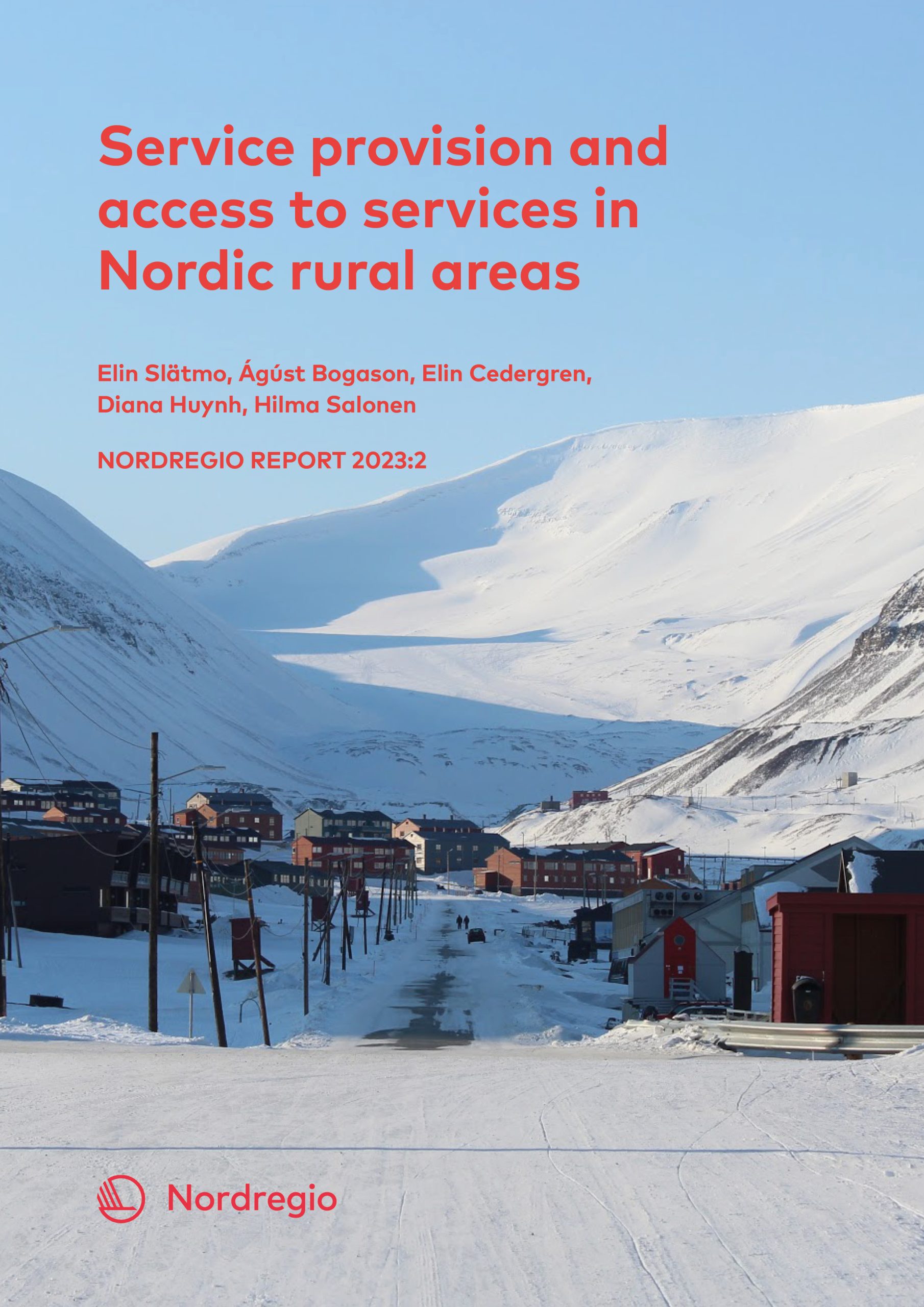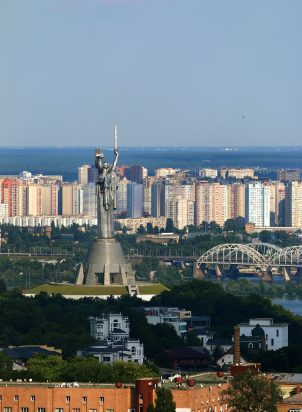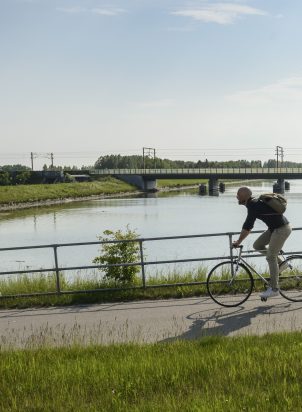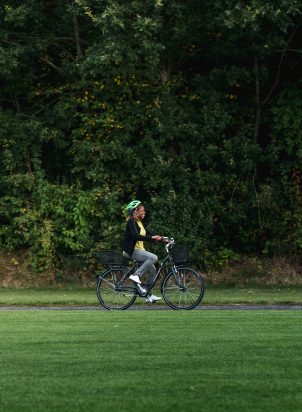Service provision is one of the key factors that make rural areas attractive and viable. Recent and ongoing developments, such as migration flows, digitalisation and the effects of climate change influence service accessibility and perceptions of which services are essential for everyday rural lives. It is therefore relevant to investigate service provision and access to services from different perspectives.
This report presents results based on in-depth field work in eight case studies of rural areas identified as having high access to services or as good examples in their national and regional context: Lolland, Suðuroy, Kinnula, Avannaata, Múlaþing, Herøy, Vimmerby and Geta. The aim of the field work has been to investigate service provision and validate the results of a research and policy review focusing on Nordic rural areas. The investigations presented in this report focus on the following questions:
- Which services are considered essential, and how does that vary in rural areas across the Nordics?
- How are services provided, what roles and responsibilities are involved in their provision?
- Which challenges are encountered, and what solutions are being developed to solve challenges associated with access to essential services in Nordic rural areas?
In answering these questions based on the eight case studies, the report aims to create knowledge and inspire actors in and around the Nordic rural areas. The answers can be read as a source of inspiration in their own right. The case study descriptions also enable a cross-Nordic comparison, aimed at identifying common patterns and unique Nordic innovations regarding rural service provisions, from which others can learn. It is therefore possible to gain an overview of the report solely from the cross-Nordic comparison.










